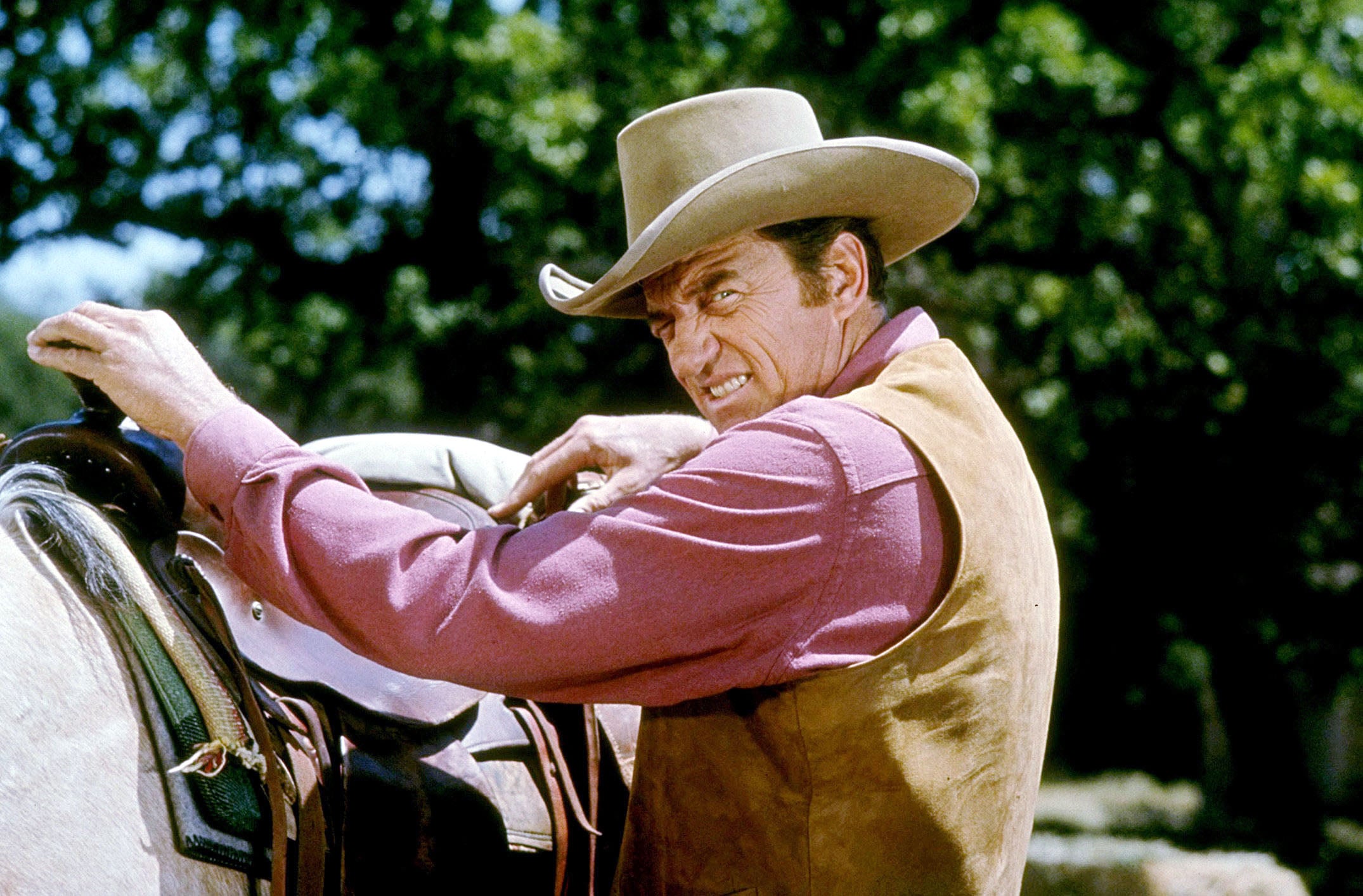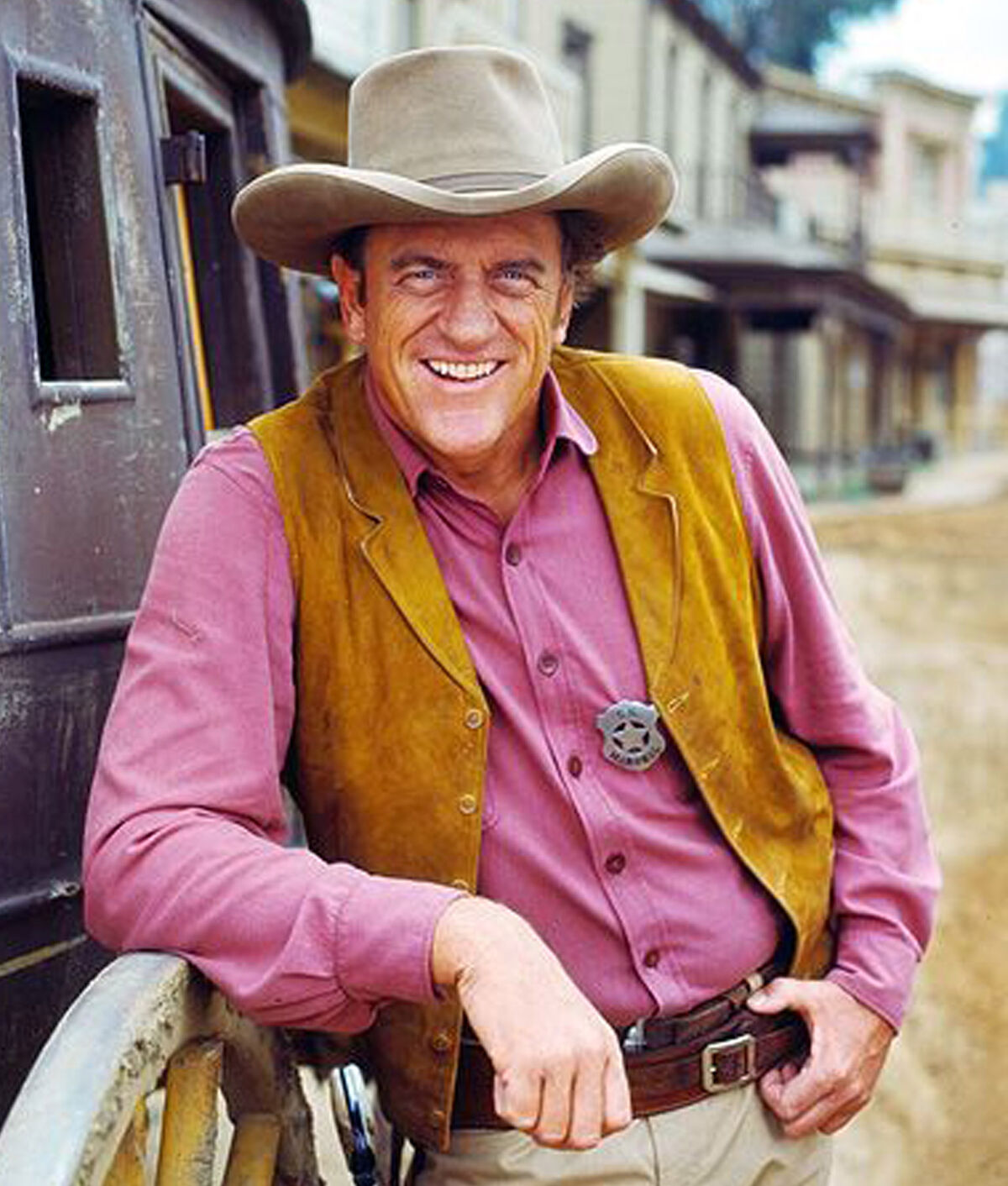Step Back In Time With Matt Dillon: Experience The Legendary Gunsmoke Western
For over 20 years, the iconic TV series Gunsmoke dominated the airwaves, captivating audiences with its gripping storylines, memorable characters, and James Arness's stoic portrayal of Marshal Matt Dillon. But what made Gunsmoke a timeless classic? Was it the show's unique blend of action, drama, and humor? Or perhaps it was the strong ensemble cast, which included Amanda Blake, Dennis Weaver, and Milburn Stone? Whatever the reason, one thing is certain: Gunsmoke remains a beloved and influential Western series that continues to entertain new generations of viewers.
As we step back in time to experience the Gunsmoke Western, it's essential to understand the show's rich history. Created by John Meston, the series premiered in 1955 and ran for an impressive 635 episodes over 14 seasons. During its run, Gunsmoke became the longest-running dramatic series in U.S. television history, earning a total of 55 Emmy nominations and winning 19 awards.
The Main Characters: The Heart of Gunsmoke
At the center of the show were the three main characters: Marshal Matt Dillon, Miss Kitty Russell, and Festus Haggen. Played by James Arness, Amanda Blake, and Ken Curtis, respectively, these characters formed the core of the series.
- Marshal Matt Dillon: James Arness's portrayal of the stoic and principled Marshal Matt Dillon set the tone for the entire series. Dillon was a strong leader who consistently upheld justice and order in Dodge City, despite the many challenges he faced.
- Miss Kitty Russell: Amanda Blake's character of Miss Kitty was a beloved fixture in Dodge City. A charming and intelligent saloon owner, Kitty was a foil to Dillon's gruff demeanor and often provided comedic relief.
- Festus Haggen: Ken Curtis's portrayal of the lovable but dim-witted Festus Haggen brought a new level of humor to the series. As a deputy and later a full-fledged marshal, Festus often found himself in absurd situations, but his innocence and good intentions always shone through.
The Supporting Cast: Filling Out the Gunslingers' World
In addition to the main characters, the Gunsmoke cast featured a talented ensemble of actors who brought depth and complexity to the series. Some notable supporting characters include:
- Quint Asper: The ruthless and cunning Quint Asper, played by Robert Fuller, was a recurring villain who often clashed with Marshal Dillon.
- Abe McCoy: James Gardner's portrayal of the wise and witty newspaper editor Abe McCoy provided a unique perspective on the events unfolding in Dodge City.
- Doc Adams: The long-suffering Doc Adams, played by Dennis Weaver, was a loyal friend to Marshal Dillon and often found himself caught up in the marshal's struggles.
The Gunsmoke Gunplay: When Violence Lacked Redemption
Gunsmoke was known for its realistic gunplay, which added to the show's tension and authenticity. The series featured many iconic shootouts, often with devastating consequences for the characters involved. While the show's violence was often intense, it rarely crossed the line into gratuitous or exploitative territory.
- The "Shotgun" storylines: Gunsmoke's writers often employed the "shotgun" narrative technique, where a seemingly minor storyline would escalate into a full-blown conflict. This added to the show's sense of unpredictability and kept viewers on the edge of their seats.
- Marshal Dillon's code of honor: The marshal's unwavering commitment to justice and his code of honor made him a compelling and admirable character. This code was often tested by the show's villains, who would stop at nothing to achieve their goals.
The Impact of Gunsmoke on Westerns and Television
Gunsmoke's influence on Westerns and television cannot be overstated. The show's success paved the way for other popular Western series, such as Bonanza and The Lone Ranger. Its blend of action, drama, and humor also influenced other genres, including science fiction and mystery.
- Pioneering the Western genre: Gunsmoke was a key player in shaping the Western genre, paving the way for other series and films that explored the rugged lives of cowboys and lawmen.
- Casting a wide net: The show's emphasis on strong characters, moral complexity, and nuanced storytelling helped to establish the Western as a legitimate dramatic genre, rather than simply a pulp fiction staple.
Classic Episodes: Highlights from the Gunsmoke Archives
Gunsmoke featured a wealth of memorable episodes that continue to entertain audiences today. Here are a few standout examples:
- "Topeka" (Season 4, Episode 21): In this episode, Marshal Dillon must navigate the complexities of small-town politics when a Topeka politician comes to Dodge City to smooth things over with the local residents.
- "The Killing Cage" (Season 3, Episode 22): When a notorious outlaw is caught and sentenced to death, Marshal Dillon must navigate the challenges of executing a prisoner in a cage, where the outlaw has found a way to exact his revenge.
- "Funeral March" (Season 6, Episode 1): The series premiere of Season 6 sets the tone for the entire season, as Marshal Dillon delivers a eulogy for a deceased friend and reflects on the passing of time.
The Gunsmoke Legacy: Continuation and Revival
In recent years, Gunsmoke has experienced a resurgence in popularity, thanks in part to DVD releases and online streaming. The show's timeless themes and memorable characters continue to captivate new audiences, who are discovering the series for the first time.
- Rebooting the classic: In 2015, Paramount released a made-for-TV
Sophie Rain
Chudney Ross
Rick Harrison Net Worth
Article Recommendations
- Da Vine Joy Randolph Weight
- Jules Ari
- Taylorwift Weight
- Cardi Biddy
- Jackerman
- Karen Velez
- Ben Meiselas Net Worth
- Gal Gadot Andiddy
- Morning Joe Cast Fired
- Quiero Agua



